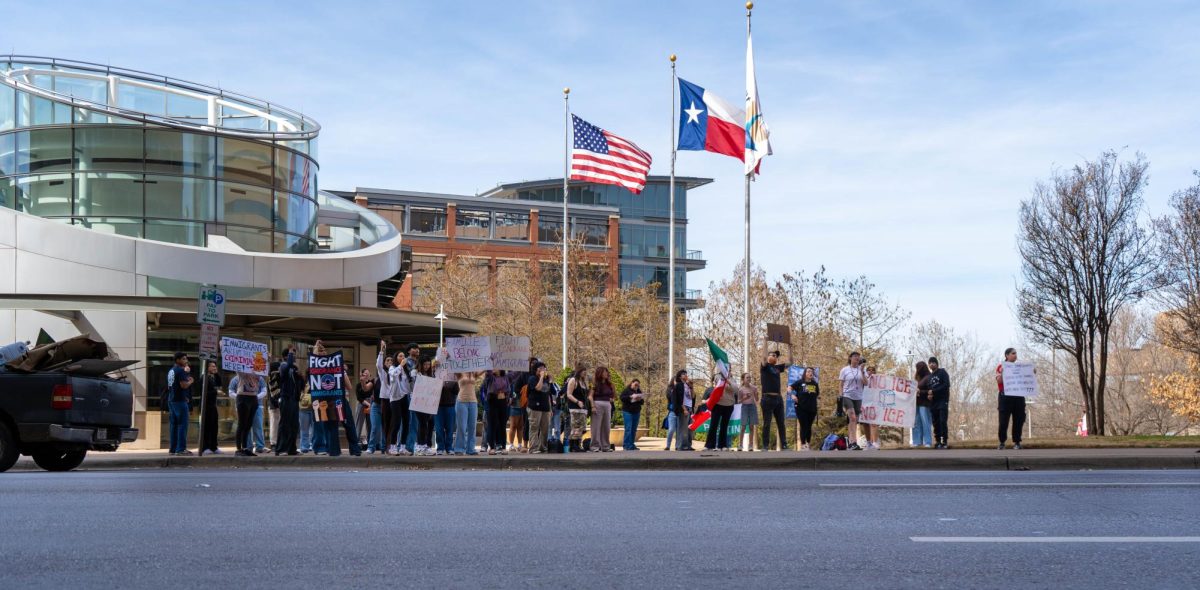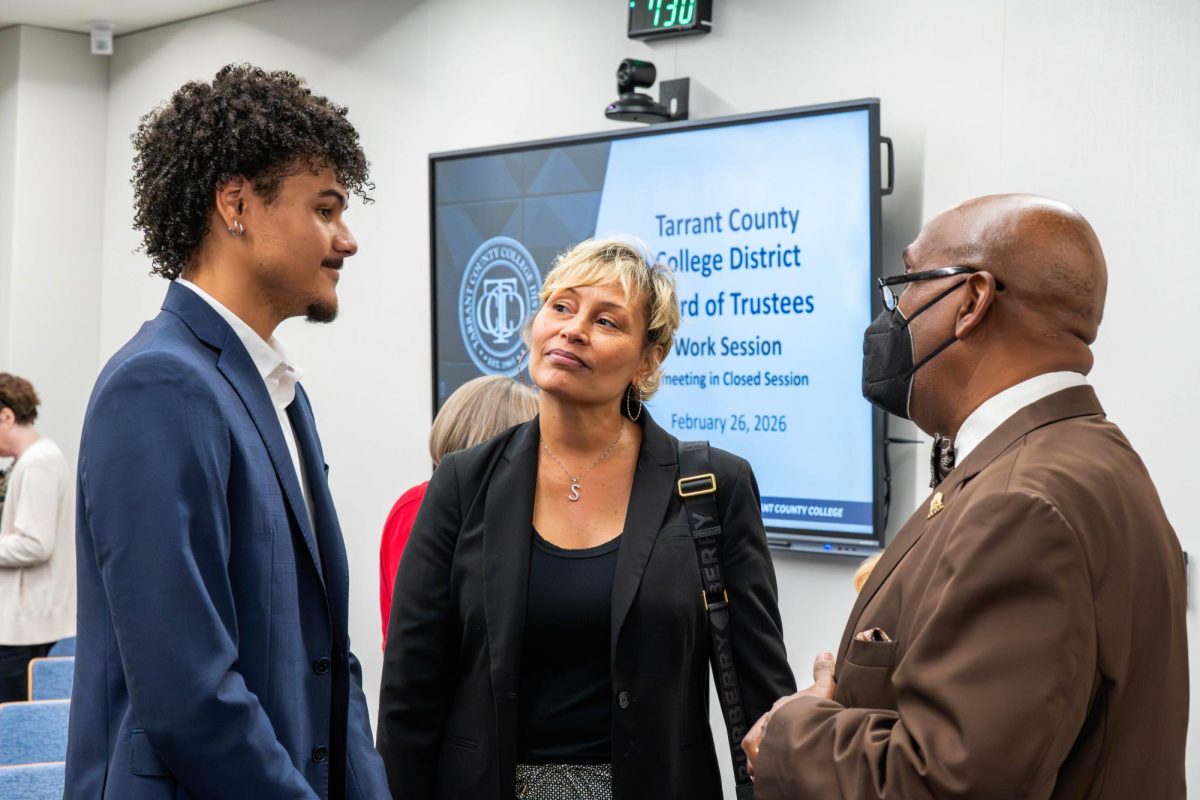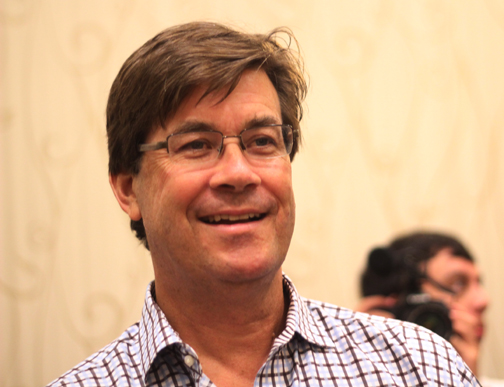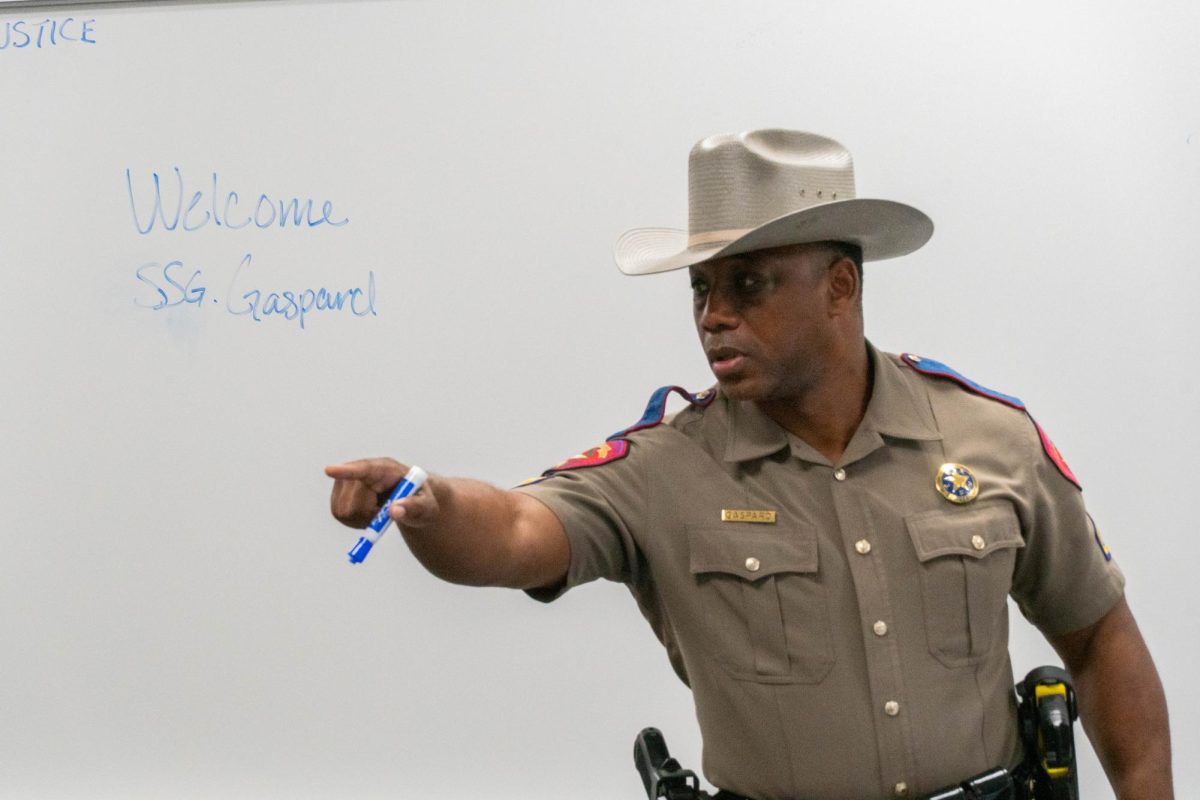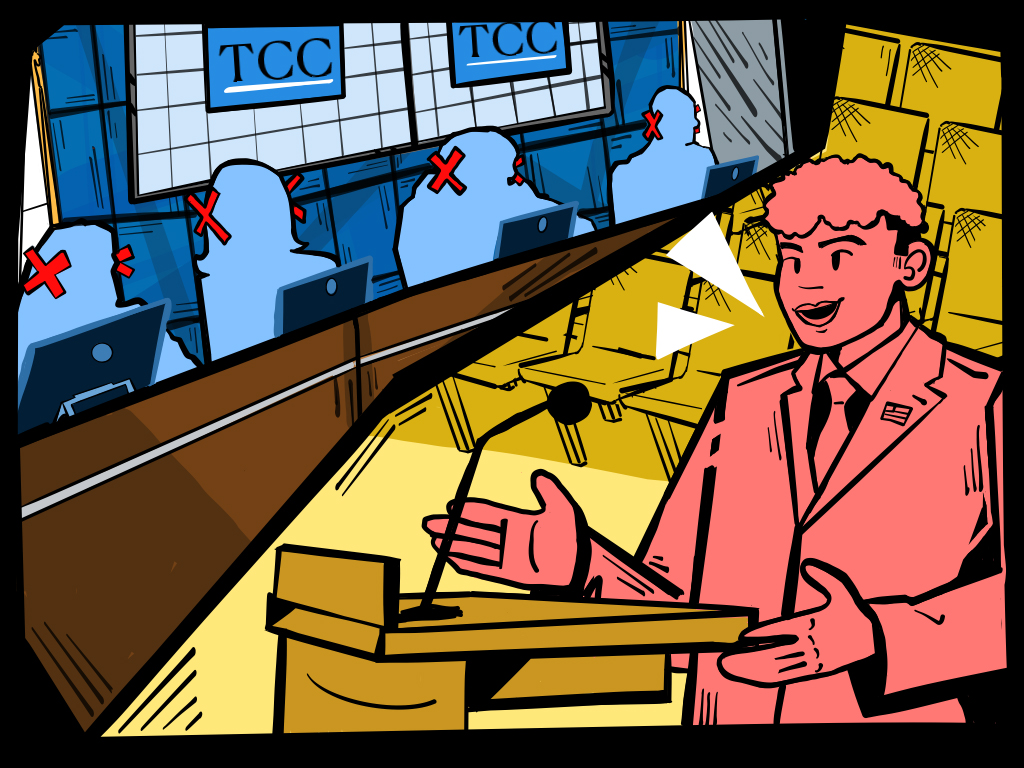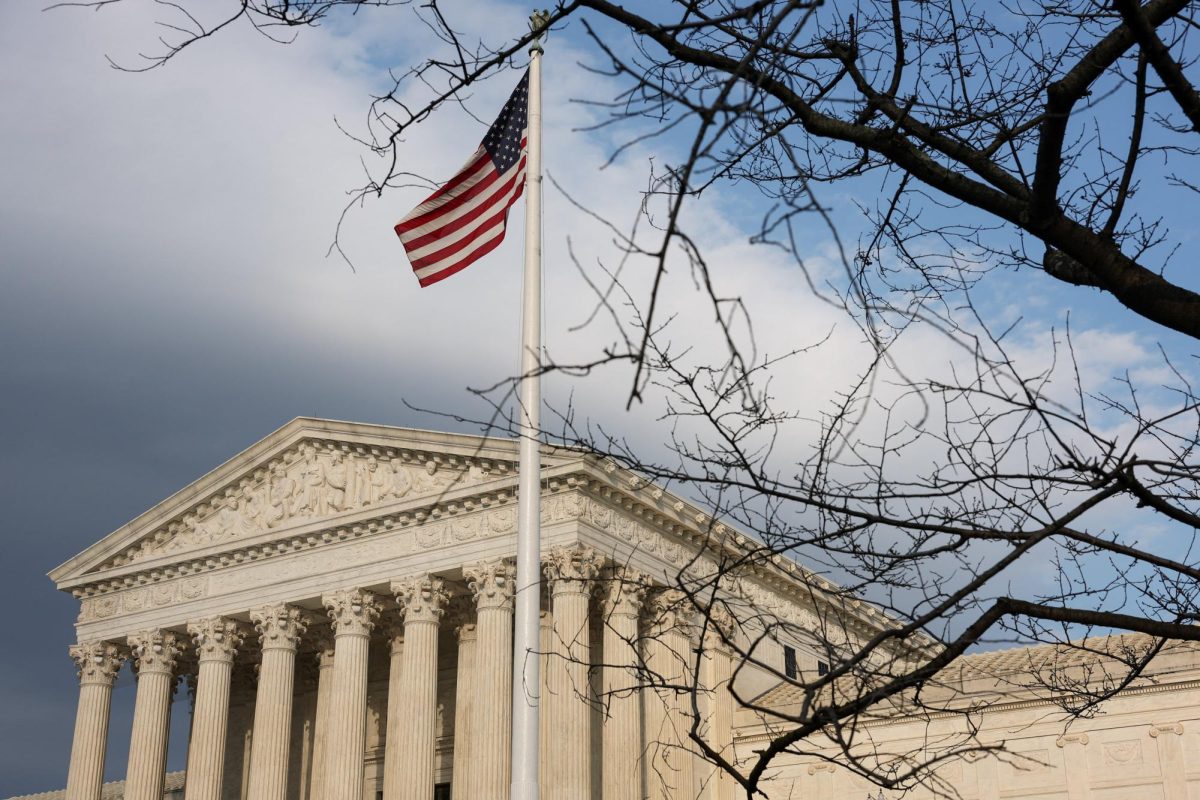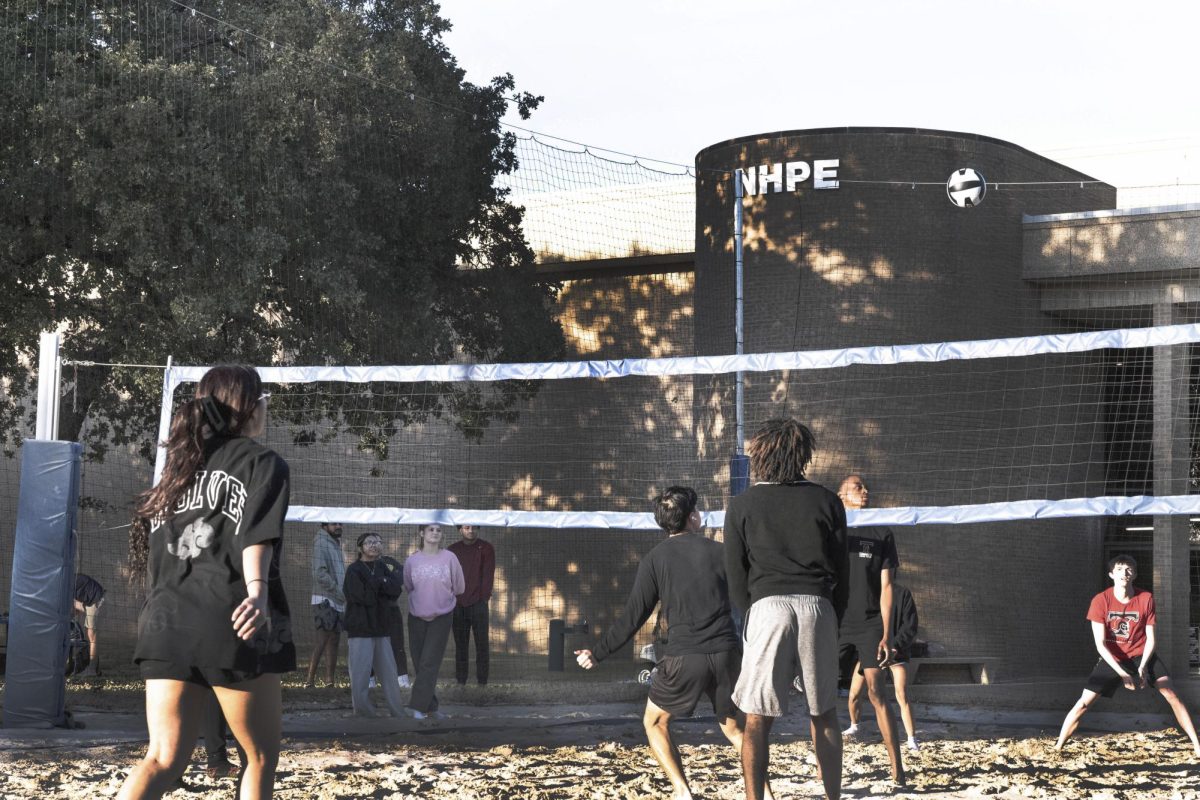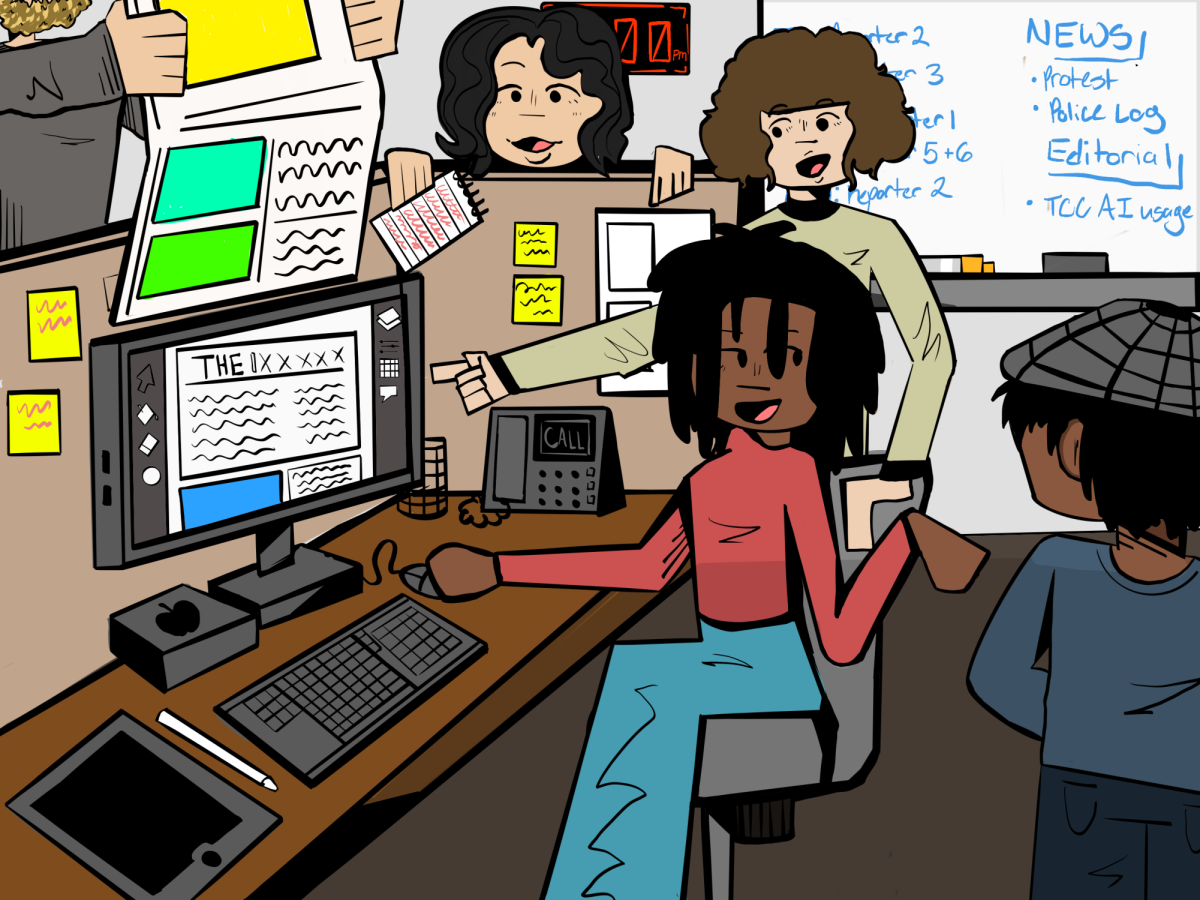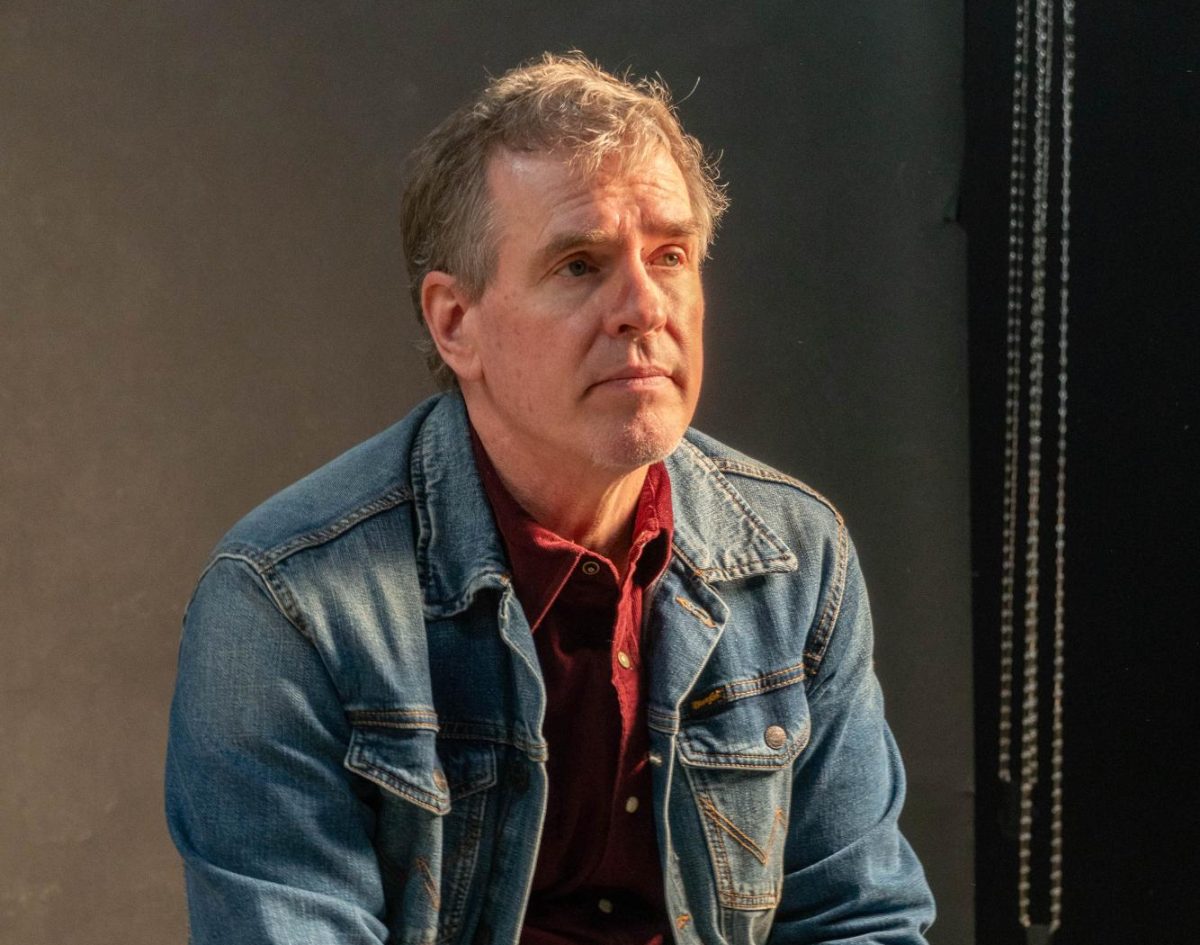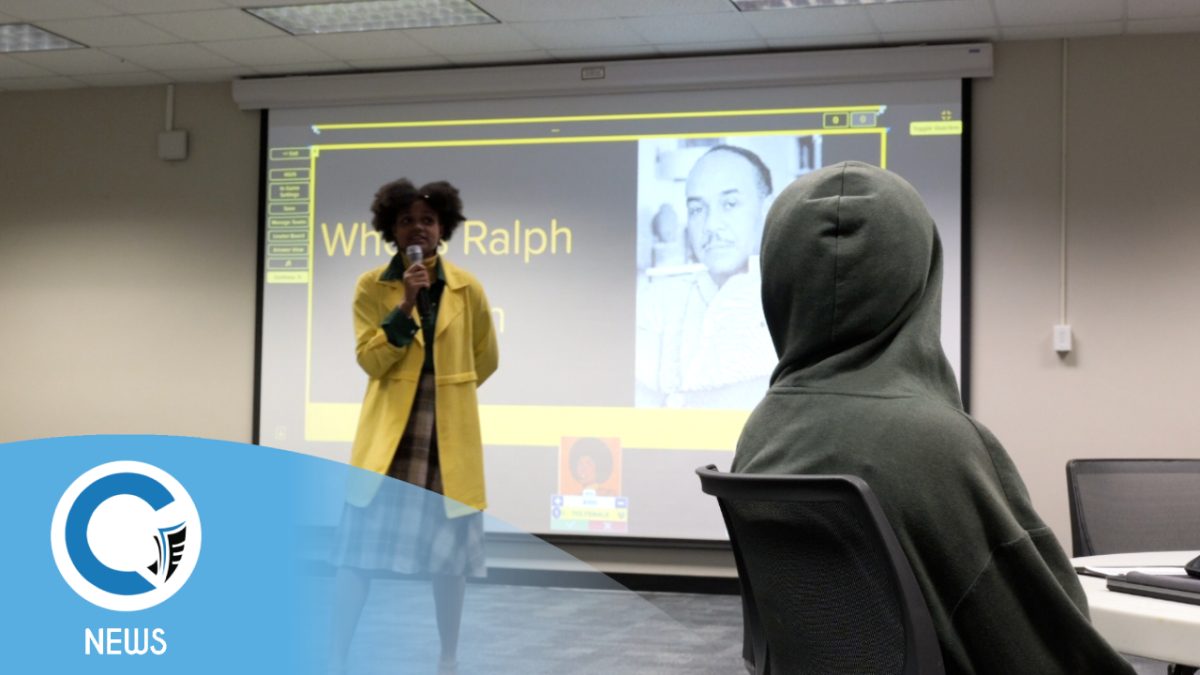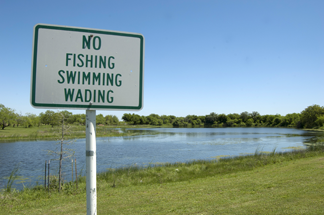Information is a powerful thing. When someone neglects to share information with others that pertains to their well-being, things get scary.
Recently, a former SE student tested positive for active tuberculosis. The infected student is now receiving treatment, and the 200 students and faculty who shared classes with him and are labeled high-risk are being tested accordingly.
Tuberculosis is a bacterial infection in the lungs spread through the air when someone infected talks, sings, coughs or sneezes. The likelihood of contracting TB is low, but if exposed, the elderly and children are much more likely to contract the illness.
Even with the measures college officials have taken to help students, it’s their punctuality on reporting the issue in the first place that is in question.
SE president William Coppola stated in a letter that the college learned of the issue on March 19. It is reasonable for college officials to hold a meeting to discuss how to deal with the severity of the situation and prevent student panic. Still, nothing was known until several news stations ran the story on the evening of March 21. An email to students concerning the situation was finally sent March 22 — three days later.
Therein lies the problem. When a student or faculty member comes home to a family who has watched the news story and is clueless to a serious situation going on at their school, a very different sort of panic arises than if the person had been told directly. Suspicion and questions cannot be prevented at this point.
Even if these questions have no basis, a student can’t help but wonder, if not for the news coverage, whether they would have been told at all. Because of the way the situation was dealt with, the college may have lost some credibility and, more importantly, trust from their students.
This is not the first time information has been withheld from students. Last November, student involvement was limited in the hunt to find the new South and SE campus presidents because no one informed them. A pattern is forming where college officials either wait to inform students until the last minute or neglect them entirely. We hope, in the future, this will change, and students would be informed because they are, in fact, the ones who are ultimately affected.
Coppola has recently stated that the health and safety of faculty and staff at TCC is the No. 1 priority. This is obviously true because of the measures constantly taken to ensure their well-being. What the college did fail to recognize, however, is that knowledge about a health scare is almost as important as the actions taken to prevent and treat it.
They say knowledge is power, and, in this case, the average TCC student was left powerless in a very scary situation.

